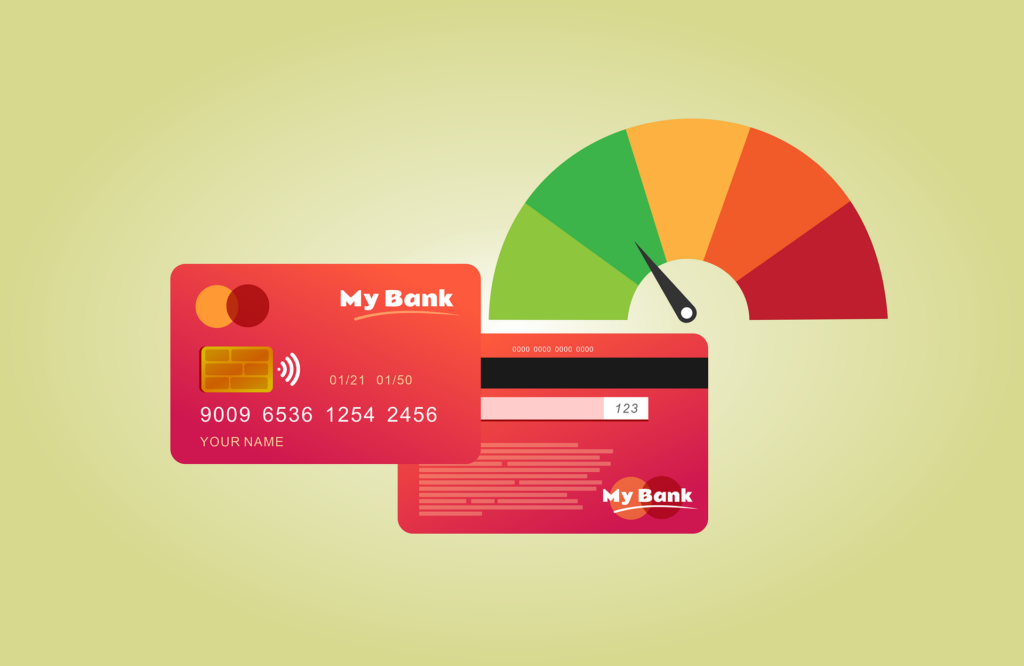As the cost of living continues to increase because of government overspending, many individuals and families find themselves facing financial challenges. Rising prices for essential goods and services can put a strain on your budget and make it tempting to turn to debt as a solution. With that said, accumulating debt can lead to long-term financial stress and difficulties.
Reduce Non-Essential Spending
Evaluate your spending habits and identify areas where you can cut back on non-essential expenses. Consider dining out less, canceling unused subscriptions, and finding alternative ways to entertain yourself and your family that don’t require spending money. Redirect the money you save toward essential expenses and your emergency fund.
Shop Smart
Be a savvy shopper by comparing prices, looking for discounts, and using coupons or cashback offers. Buy generic brands instead of name brands when possible, and take advantage of sales and promotions. Additionally, consider shopping at discount stores or buying in bulk to save on everyday items.
Increase Your Income
Finding ways to boost your income can help you weather rising prices without resorting to debt. Consider taking on a part-time job, freelancing, or selling unused items to generate extra cash. Increasing your income can provide a much-needed financial cushion during challenging times.
Negotiate with Service Providers
Contact your service providers, such as cable companies, internet providers, and insurance companies, to see if you can negotiate lower rates or switch to more affordable plans. Loyalty discounts or bundle packages may also be available, helping you reduce your monthly bills without sacrificing essential services.
Invest in Energy Efficiency
Rising utility costs can be a significant strain on your budget. Invest in energy-efficient appliances, improve insulation, and take steps to reduce energy consumption in your home. These efforts can lead to long-term savings on your utility bills which are going up unfortunately because of current policy.
Consider Transportation Alternatives
If rising fuel prices are impacting your budget, explore alternative transportation options. Carpooling, public transportation, biking, or walking can not only save you money but also reduce your carbon footprint. But be careful – public transportation comes with risks – you have to make this decision on your own.
Embrace the Sharing Economy
The sharing economy has expanded in recent years, offering opportunities to save money. Consider using ride-sharing services, renting out your spare room on platforms like Airbnb, or borrowing tools or equipment from neighbors instead of purchasing them. These options can help you reduce expenses and generate extra income.
Participate in a Community Garden
Growing your own fruits and vegetables in a community garden can be a cost-effective way to supplement your grocery bills. Plus, it’s an eco-friendly option that promotes sustainability and self-sufficiency.
Explore Subscription Swapping
If you have subscriptions to services like streaming platforms, magazines, or meal kit deliveries, consider swapping with friends or family members. For example, you can share access to different streaming services with friends, each paying for one, or trade magazine subscriptions you’re finished reading. This way, you can enjoy a variety of content without the full cost.
Bartering and Skill Exchange
Bartering or skill exchange can be an innovative way to get what you need without spending money. If you have a skill or service to offer (e.g., web design, tutoring, gardening), you can exchange it for goods or services you require. Online platforms and local community groups can help facilitate these exchanges.
Use Cashback and Rewards Programs
Make the most of cashback and rewards programs associated with your credit cards or loyalty cards. These programs can offer significant savings on everyday expenses. Moreover, it’s vital to use them responsibly and pay off your credit card balance in full each month to avoid accruing debt.
Explore Buy Nothing Groups
Join local “Buy Nothing” groups on social media platforms, where community members give away items they no longer need for free. This can be an excellent way to acquire household items, clothing, or even furniture without spending money.
Try Second-Hand Shopping
Consider buying second-hand items instead of new ones. Thrift stores, consignment shops, and online marketplaces like eBay or Facebook Marketplace often have quality goods at a fraction of the cost of new items. This approach is both budget-friendly and environmentally conscious.
DIY Home Repairs and Renovations
Instead of hiring professionals for home repairs and renovations, learn to tackle some tasks yourself. There are numerous online tutorials and DIY resources available that can help you save on labor costs while increasing your home’s value.
Participate in Cashback Apps and Surveys
Download cashback apps or participate in online surveys and market research studies that offer monetary rewards. While these may not provide substantial income, they can generate extra cash or gift cards that you can use for everyday expenses.
Practice Minimalism
Adopting a minimalist lifestyle can help you cut down on unnecessary spending and reduce clutter in your life. Evaluate your possessions and focus on what truly brings value and happiness. Selling or donating items you no longer need can also provide a financial boost.
Seek Financial Counseling
If you are struggling to manage your finances during a period of rising prices, consider seeking the assistance of a financial counselor or advisor. They can provide personalized guidance and strategies to help you stay on track financially and avoid accumulating debt.
Avoid Expensive Debts to Live Life on Your Own Terms
Rising prices can pose financial challenges, but taking on debt should not be your first option. By following these tips and strategies, you can create a solid financial foundation, reduce expenses, and find ways to increase your income. Managing your finances wisely will help you navigate rising prices without compromising your financial well-being. Remember that financial stability is a long-term goal, and making informed decisions today can lead to a brighter financial future. We’ve all seen the movie Dumb and Dumber.


